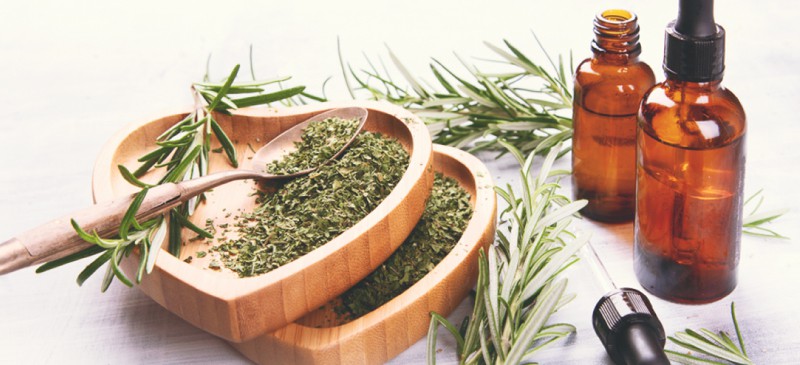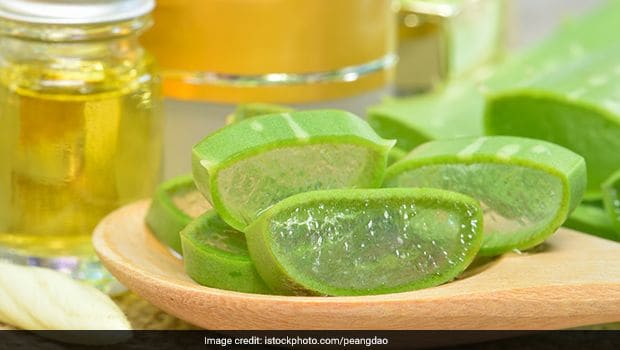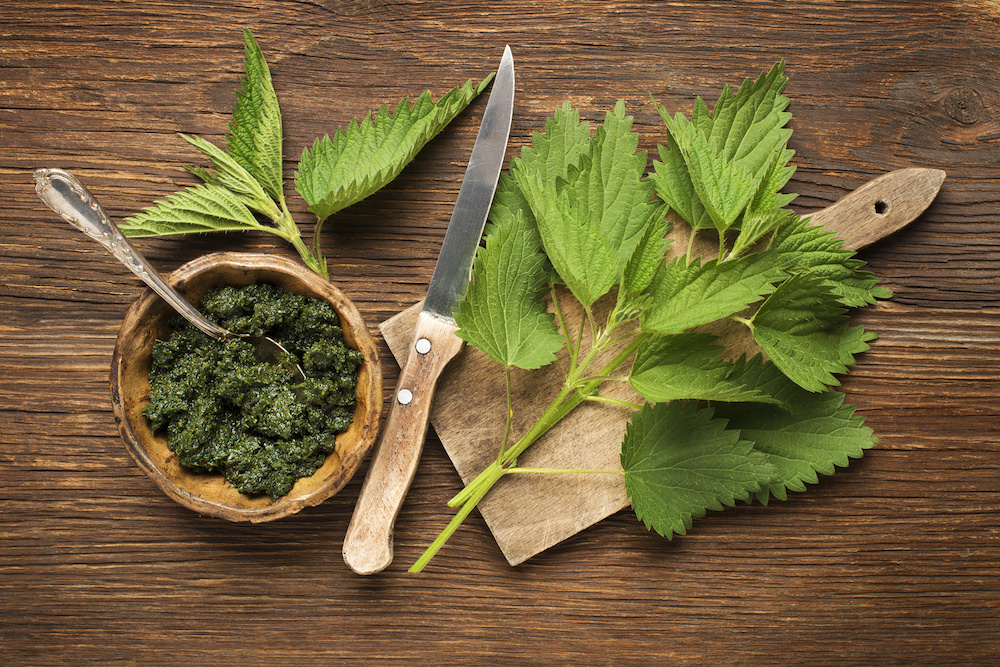5 Common Herbal Remedies for Hair Loss
Hello Everyone,
Modern medicine attempts to use pills for just about everything. While we are all extremely lucky to have such powerful medicinal options these days, it is also a good idea to go back to the basics, sometimes.
Herbal remedies for things such as hair loss are still vital in the modern world. There are hundreds of different herbs that can be used to improve your hair.
Today, we’re going to look at just five of these herbal remedies. These herbs are quite commonly known. You may even have some growing in your backyard!
Take a look!
#1 – Rosemary
Rosemary has the benefit of improving blood circulation. Since blood circulation is how your hair follicles get the necessary nutrients, it is quite important.
Blood circulation isn’t the only advantage of rosemary either. Its oil also helps moisten your scalp and relieves you of dry scalp and dandruff. It also contains vitamin C which reduces the likelihood of your hair turning grey at an early age.
#2 – Peppermint
Peppermint targets your hair follicles, directly. Obviously, you would apply it directly to your scalp in oil form. The properties of peppermint help to relieve scalp irritation as well as rejuvenating your hair follicles. This will cause weak hair follicles to recover and grow hair regularly again. You can also check out Nisim’s hair loss and hair growth shampoos, they’re known work incredibly well for almost anyone.
While peppermint is generally applied as an oil, you can also drink it as a tea. The benefits of the peppermint will still reach your hair follicles. However, it is better to apply it directly as well to moisten your scalp. The tea form is best for people who suffer from oily scalp.
#3 – Aloe Vera
The aloe vera plant contains a gel in its pulp that can be applied directly to the scalp on its own. You don’t even need to bother mixing it with another oil or anything.
The aloe vera gel hydrates your scalp as well as repairing damaged cells and balancing pH levels. Massaging the gel into your hair every second day for an hour will greatly improve both your hair growth and the health of your scalp.
Of all herbal remedies, aloe vera gel is the most popular due to being easy to use and highly beneficial.
#4 – Lavender
If you have trouble with germs, parasites, fungi, or any other bacterial issues on your scalp, lavender is the herbal remedy for you! It acts as a natural anti-bacteria product and can successfully kill most if not all dangerous forms of bacteria.
You can apply it directly as oil to kill existing harmful bacteria. It may not work right away but leave it in as long as it takes to kill everything. Doing so will also provide you with some essential oils to further improve the health of your hair and scalp.
If you suffer from an oily scalp, you can always drink lavender tea instead. This will still have a significant effect on bacteria throughout your body.
#5 – Stinging Nettle
Stinging nettle is the herbal remedy for men as it blocks or reduces the production of DHT in your body. DHT is the cause of male pattern baldness. It targets and kills your hair follicles, one-by-one.
Stinging nettle doesn’t directly improve hair growth, but it does help balance your hormone levels and also has anti-bacterial properties. This combination helps keep your hair follicles healthy, causing your hair to remain strong.
These are just five of the hundreds of herbal remedies out there. Make sure you choose the remedy that best suits your specific condition.




Aloe vera is my favorite… something I would love to stay close with 🙂
Its works for men too?